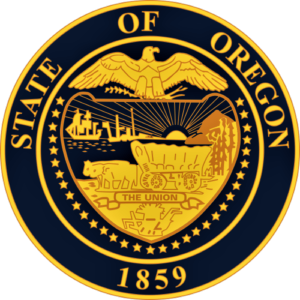Governor Kate Brown urged Oregonians in a statement Monday, August 8th, to take precautions to prevent the spread of the monkeypox virus.
According to the Oregon Health Authority, as of August 8th, the state of Oregon has 89 cases of human monkeypox virus with first case reported on June 7th. Of the 89 cases, 57 are presumptive, and 32 have been confirmed. The 89 cases are spread between 7 counties including Clackamas, Columbia, Lane, Washingtion, Multnomah, Marion and most recently Coos county. 87 of the reported cases are among men with only two women recently added to the list of reported cases.
“The human monkeypox virus, more commonly known as the monkeypox virus, is spreading in our communities, and it is time for us again to help protect each other. Let me be very clear: monkeypox is a virus that can impact anyone. Viruses spread regardless of your background, zip code, income level, race, religion, gender, or sexual orientation––anyone can be infected by human monkeypox virus. Period. We are all very much in this together.

“At the same time, our public health experts are following the science and data to make sure that testing and contact tracing resources, vaccines, and information are reaching the populations of Oregonians that are at highest risk. In the current outbreak, the most impacted communities have included gay, bisexual, and other men who have sex with men.
“Fortunately, we know much about how to protect ourselves from human monkeypox virus. It is rarely fatal, and there are already effective tests to diagnose the disease among people with symptoms. There are also safe and effective vaccines for those at highest risk of the disease, as well as safe and effective treatments for those at highest risk of severe disease––which is why it is so critical for the federal government to distribute them quickly.
“I am urging all Oregonians to take steps to protect yourself and others from hMPXV. If you’re planning to attend a festival, concert, party, or other event, consider the amount of close, personal, and skin-to-skin contact that may occur. If you are feeling sick and have symptoms like a new rash, avoid close skin-to-skin contact, and call your health care provider or 2-1-1 if you think you may have been exposed.


















